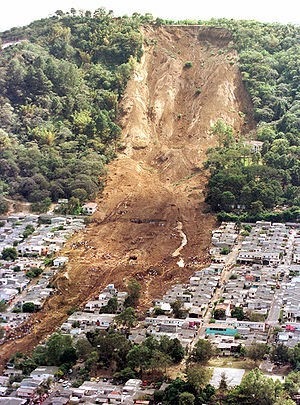In writing my final paper for this year's classes, I was trying to briefly express the mutuality of listening that has come to serve as a counterbalance to my desire to be heard by others. This is what I came up with...
For about ten years, Verizon has had a very effective marketing
campaign for their wireless network, “Can you hear me now?” In fact, when we
hear those five words, chances are good that we will picture the guy on the
cell phone walking through all manner of locations testing his coverage. It is
a simple phrase that hits at the heart of a deep human need, that of being
heard. My most traumatic moments are usually tied to my not being able to
communicate the issues of the heart, of identity, to another person. Either
because they wouldn’t listen or because I didn’t feel safe sharing. Talk about
heartburn! However, I have concluded that a better question for me to ask is, “Can I hear you now?”
 If I can’t hear you, is it because I am not listening,
because my cultural filters don’t allow me to truly hear what you are saying,
because we don’t speak the same language, or perhaps because you don’t feel
safe enough around me to say what is in your heart? I suppose there could be
another reason I can’t hear you—you may have been so oppressed and
rejected that you don’t realize that you have something to say. Trust me you
do. Everyone has been given a voice—having been made in the image of God—we,
like the Prophet Isaiah, need the Lord to touch our mouth with a coal from the
altar because our voice and the voices that surround us have been tainted by
sin (Isaiah 6:1-7).
If I can’t hear you, is it because I am not listening,
because my cultural filters don’t allow me to truly hear what you are saying,
because we don’t speak the same language, or perhaps because you don’t feel
safe enough around me to say what is in your heart? I suppose there could be
another reason I can’t hear you—you may have been so oppressed and
rejected that you don’t realize that you have something to say. Trust me you
do. Everyone has been given a voice—having been made in the image of God—we,
like the Prophet Isaiah, need the Lord to touch our mouth with a coal from the
altar because our voice and the voices that surround us have been tainted by
sin (Isaiah 6:1-7).
I have found that what I must proclaim involves much more
than getting people to hear me. It involves getting myself stop talking and pay
attention long enough to be able to hear them more fully. It is as
people are given voice, made fully human in my eyes (and theirs), that I
can learn from them and we can grow together. It also involves enabling others
to become free enough to add their voice to the great anthem of that is the
Mission of God in the world.
After
this I looked, and behold, a great multitude that no one could number, from
every nation, from all tribes and peoples and languages, standing before the
throne and before the Lamb, clothed in white robes, with palm branches in their
hands, and crying out with a loud voice, “Salvation belongs to our God who sits
on the throne, and to the Lamb!” (Revelation 7:9-10)
As we surrender our pride and our fear to our loving
Savior—Jesus Christ—he draws us together in dialog, in just actions, and in
mutual hospitality, as brothers and sisters in the family of God. I have a
feeling that it is a family gathering we have been looking forward to our whole
lives, whether we knew it or not. We can have a better network.
I am also working on listening long enough and engaging
personally enough to allow you to speak what we both need to hear.
Feel free to tell me what you think.
You have the final say.
So I am asking, “Can I hear you now?”

